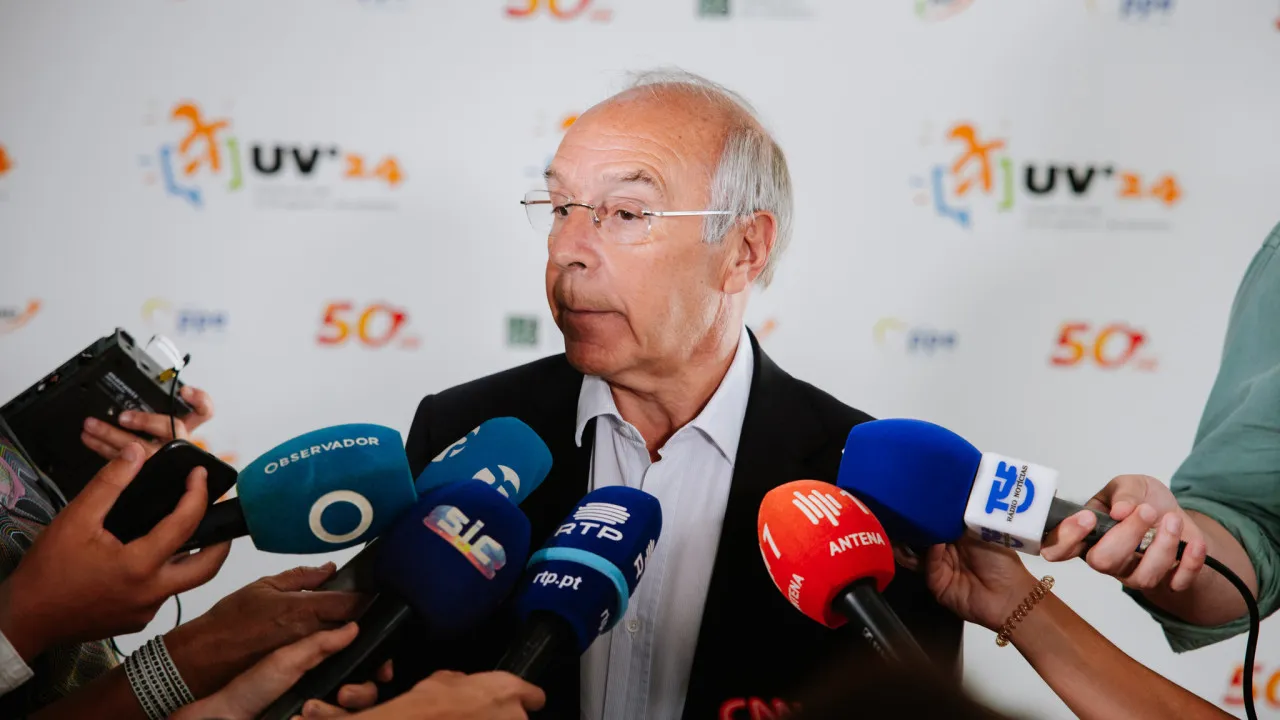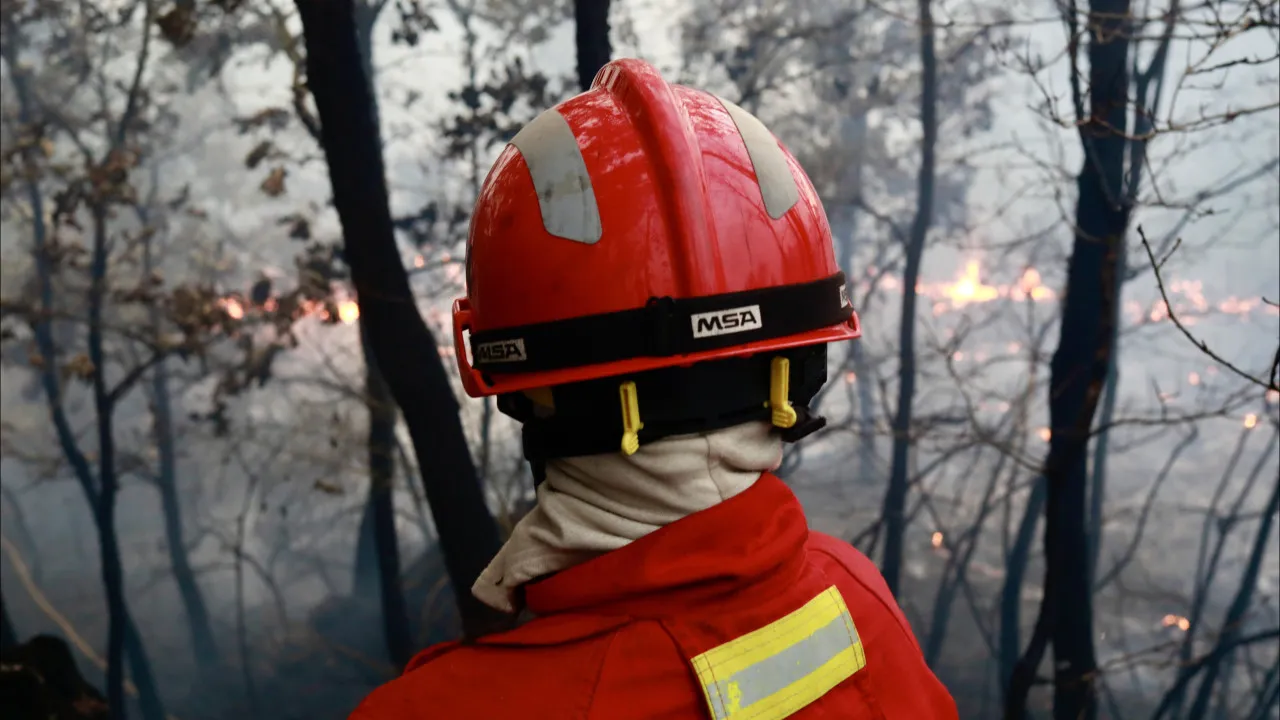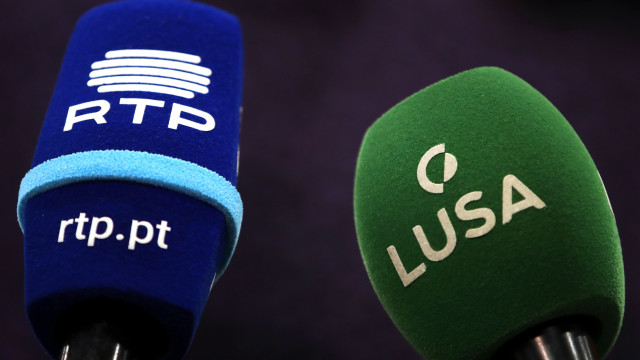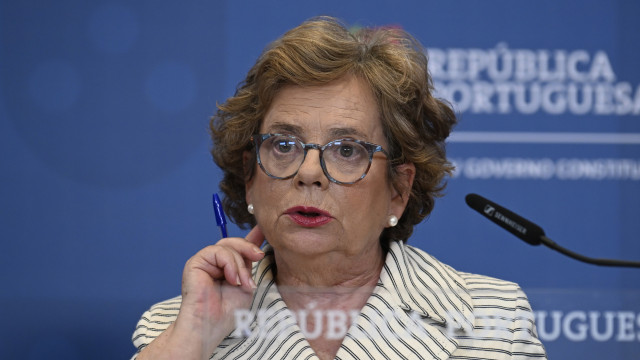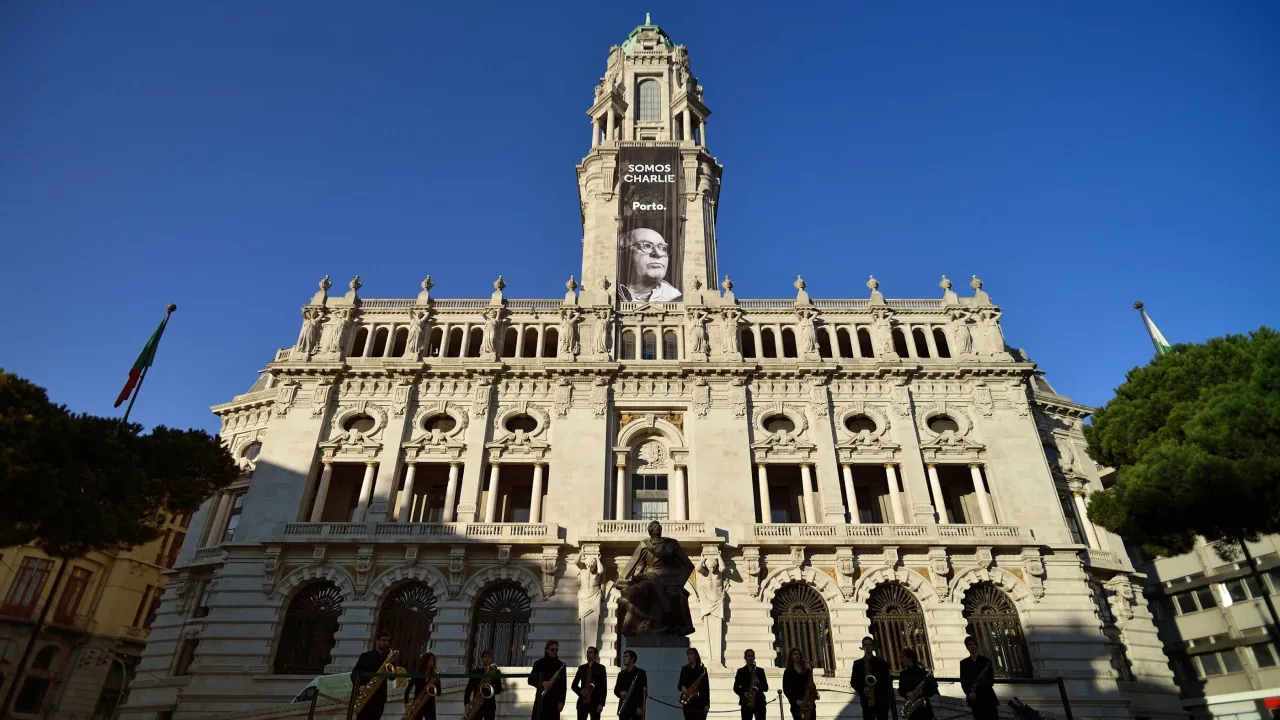
In April, as the preliminary phases of the campaign were being initiated, Pedro Duarte (PSD/CDS-PP/IL) brought the topic of mobility to the forefront by launching a petition to halt the second phase of Porto’s metrobus. He also organized a walk along Avenida da Boavista.
Despite this early focus on the metrobus, the main discussions have shifted towards public transportation networks, with particular emphasis on solutions for the Via de Cintura Interna (VCI).
Only one “outside-the-box” proposal has emerged regarding the daily traffic congestion faced by Porto residents commuting to Gaia. The independent candidate António Araújo has pledged to construct an underwater tunnel connecting Afurada to Porto to ease pressure on the Arrábida Bridge. This proposal revives an old idea from former mayor Luís Filipe Menezes.
When it comes to housing access in the city, the candidates’ campaigns have included promises to build new housing units, focusing mainly on either social or affordable rent, though concrete proposals remain sparse.
While these campaigns have served as platforms for promises concerning the future of mobility, housing, and security concerns, few everyday issues draw significant attention from candidates.
The potential construction of three towers, each up to 25 stories, near the prospective Nun’Álvares Avenue remains the only “controversy” on the municipal agenda to date.
Nuno Cardoso, initially an independent, now leading a coalition between Nós, Cidadãos! and PPM, and independent vice-president Filipe Araújo, have shown a regional focus by criticizing changes made by CP to the Porto-Vigo connection and the choice of Almada for the signing of the high-speed train line contract (Porto-Oiã).
The Communist Party (CDU) is the only party to present a female candidate, former deputy Diana Ferreira. Many familiar faces remain, with the Bloco de Esquerda reintroducing its councilor Sérgio Aires, and campaigns from Manuel Pizarro (PS) and Pedro Duarte (PSD/CDS-P/IL) recruiting from Rui Moreira’s team. Filipe Araújo has also included personnel from the departments he oversees.
The pre-campaign phase has also been marked by occasional oddities and controversies.
In early June, Aníbal Pinto (Nova Direita) used a drone to distribute an unspecified number of five-euro bills, an act that led to a complaint to the Public Prosecutor’s Office from the National Election Commission (CNE) and brought a slowdown to his campaign.
Pedro Duarte also saw his pre-campaign activity slow down despite a strong start. In April, while still the Minister for Parliamentary Affairs, he faced criticism for leveraging his position for campaign purposes by announcing his candidacy in the Jornal de Notícias on the same day the former government held a council of ministers at the Mercado do Bolhão.
In June, Pedro Duarte lost his campaign director, Vasco Ribeiro, due to allegations of assault made by independent candidate Filipe Araújo during the Primavera Sound festival.
The media presence of Volt candidate Alexandre Guilherme Jorge and Livre candidate Hélder Sousa remains low. Sousa stated his solo candidacy was due to the lack of agreement with leftist parties, although the BE had been willing to forgo selecting the head of the list in a coalition.
Campaigns by Bloco de Esquerda and CDU maintain traditional approaches, organizing community activities.
Contenders for the Porto Municipal Council include Manuel Pizarro (PS), Diana Ferreira (CDU—PCP/PEV coalition), Nuno Cardoso (Porto Primeiro—NC/PPM coalition), Aníbal Pinto (Nova Direita), Pedro Duarte (PSD/IL/CDS-PP), Sérgio Aires (BE), current vice-president Filipe Araújo (independent movement), António Araújo (independent movement), Alexandre Guilherme Jorge (Volt), Hélder Sousa (Livre), and Miguel Corte-Real (Chega).
The current administration comprises a majority of six members from Rui Moreira’s movement and one independent councilor, alongside two elected officials from the PS, two from the PSD, one from the CDU, and one from the BE.
Municipal elections are scheduled for October 12.

